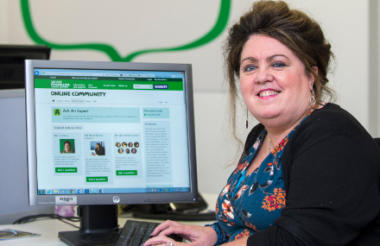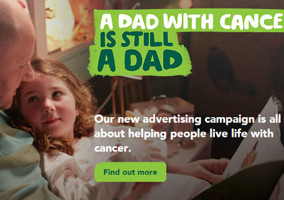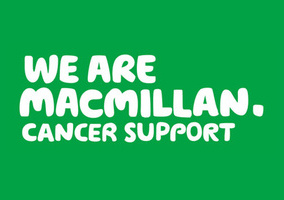Macmillan Cancer Support has today announced the appointment of a digital nurse to “combat ‘fake news’ online” regarding the disease and to stop patients “turning to unverified sites for information”.
Macmillan said it had created the digital nurse specialist role in response to “a growing demand for online information about cancer diagnosis and treatment”.
Research undertaken for the charity by YouGov, found that over 40 per cent of cancer patients “looked up information about their diagnosis online”, while a further 13 per cent of people “said they went online because they didn’t fully understand what they had been told about their cancer” by a doctor or healthcare professional.
The charity said it is “concerned that patients are turning to unverified sites for information which could leave them needlessly frightened and at risk of bogus cures.” Macmillan cited examples of Google searches which erroneously suggest that chemotherapy kills more people than cancer itself, and that “baking soda can cure breast cancer”.
Macmillan said that, while it “acknowledges that the internet is a vital tool for cancer patients to get information”, it hopes the new digital nurse role will help “separate the wheat from the chaff," helping patients to use "websites that are accurate and reputable rather than those with incorrect or dangerous information”.
Ellen McPake confirmed in the new role
The charity also confirmed it had appointed registered nurse Ellen McPake in the new role today. McPake said her job was to “make sure people affected by cancer have a real person they can turn to online for information about their symptoms, cancer diagnosis and treatment”.
Glasgow-based McPake will work answering questions from those affected by cancer online through Macmillan’s social media platforms and on the charity’s online community forums.
Commenting on her new role with Macmillan, McPake said: “As more and more people seek information about their cancer online, we want them to know that charities like Macmillan are able to offer reliable health advice.
“In my new role, I’m there to make sure people affected by cancer have a real person they can turn to online for information about their symptoms, cancer diagnosis and treatment.”
Internet full of cancer ‘unverified statistics, fake news and horror stories’
Professor Jane Maher, joint chief medical officer at Macmillan, said the role would be an important way of combating “unverified statistics, fake news and horror stories” about cancer on the internet.
“It’s completely natural for people to want to Google their diagnosis when they’re told they have cancer. But with countless unverified statistics, fake news and horror stories on the internet, ending up on the wrong website can be really worrying. This can leave people pinning their hopes on a dangerous bogus cure or underestimating the benefit of routine treatments.
“When someone learns they have cancer, it’s really important that healthcare professionals fully explain what their diagnosis means and the support available to them. They should also be able signpost their patients to trusted sources online so they aren’t left open to incorrect or misleading information.”
Related Articles











